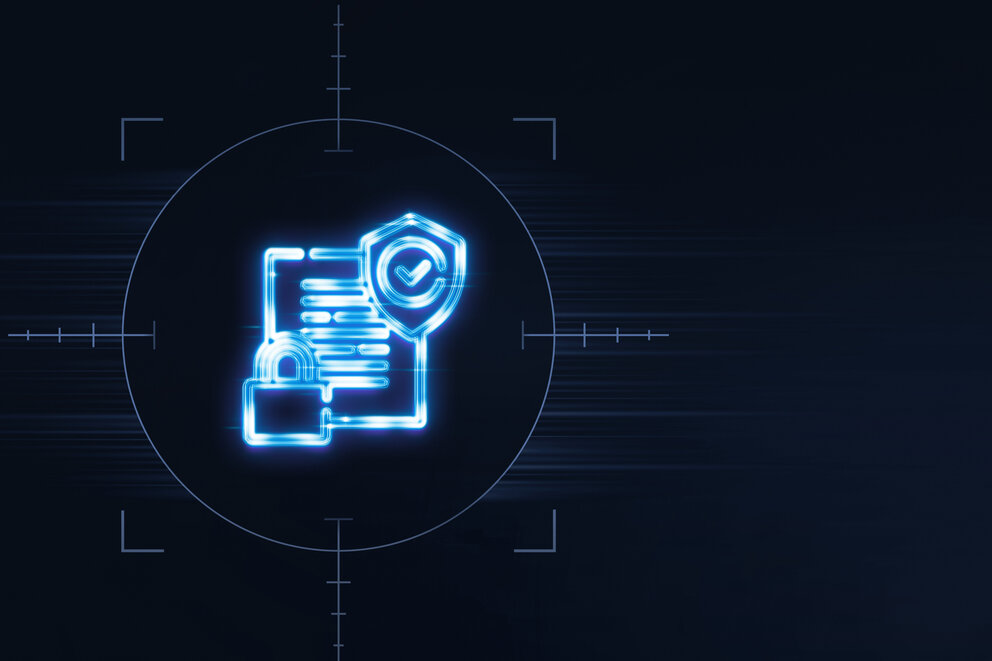Trend Analyses & Strategic Guidance

Cybersecurity today permeates all areas of life and plays a key role in shaping our digital well-being – from personal finances and medical data to critical infrastructures and national security. In a world where technological advancements bring new security challenges almost daily, it is essential to stay at the forefront of cybersecurity developments. ATHENE proactively anticipates relevant trends and prepares policymakers, industry, and society for their potential impacts and implications. As a leading cybersecurity research center, ATHENE addresses not only technical issues but also the legal frameworks that are essential for responsible and effective security research.
ATHENE researchers provide comprehensive support through studies, expert analyses, and strategic concepts for securing digital services, software, hardware, and critical infrastructures – ranging from detailed risk assessments to the optimization of existing cybersecurity solutions.
Trend Analysis
ATHENE regularly conducts trend analyses on cybersecurity topics and international startup landscapes for various ministries and authorities. For inquiries, the ATHENE office is happy to assist you.
Legal framework for cybersecurity research
Although offensive methods such as penetration testing are essential for understanding vulnerabilities and attack patterns in cybersecurity research, there is a lack of specific legal frameworks that take into account the unique requirements of this research. This leads to questions and uncertainty among researchers about the legal framework for their research activities. In the ATHENE event series 'Legal Framework for Cybersecurity Research', legal experts discussed important issues such as coordinated vulnerability disclosure, copyright, data protection and legal aspects of cyber-attacks.
More about the event series (German)
Supporting the implementation of new regulations

ATHENE's regulatory analysis work focuses on the systematic analysis of legal frameworks and regulatory requirements in the field of cybersecurity research. Through a detailed assessment of existing and evolving regulations, ATHENE provides valuable guidance to companies, public institutions and policy makers. These insights enable stakeholders to identify regulatory risks at an early stage, efficiently implement compliance requirements and proactively participate in the design of future regulations.
Cyber Resilience Act (CRA)
The Cyber Resilience Act (CRA) adopted by the European Commission in October 2024 obliges manufacturers and retailers of products with digital elements to meet its requirements by 2027. ATHENE experts provide information about the CRA at events and give implementation recommendations in various white papers.
Our CRA Offer (in German)
NIS2 Implementation Act
In her statement on the draft NIS2 Implementation Act in the Committee for Internal Affairs and Homeland Security of the German Bundestag on 1 November, ATHENE Board Member Prof. Haya Schulmann makes several recommendations: In order to strengthen cyber security in Germany, the NIS2 directive should be implemented uniformly for all administrative levels, while at the same time the role of the Federal CISO at the BSI should be strengthened, a nationwide situation picture should be made possible, IT basic protection should be introduced across the board, a legal framework for active cyber defence should be created and the BSI's warning options regarding untrustworthy manufacturers should be expanded. All these measures are aimed at making the BSI more independent and protecting the digital infrastructure comprehensively through specific requirements such as zero-trust architectures and routing security.
to the statement
Article in the DuD • Datenschutz und Datensicherheit: "Gute Praktiken zur Offenlegung von Cybersicherheitsschwachstellen", 12/2024
Authrors: Dr. Steven Arzt, Dr. Michael Kreutzer, Linda Schreiber
to the article(behind login)


